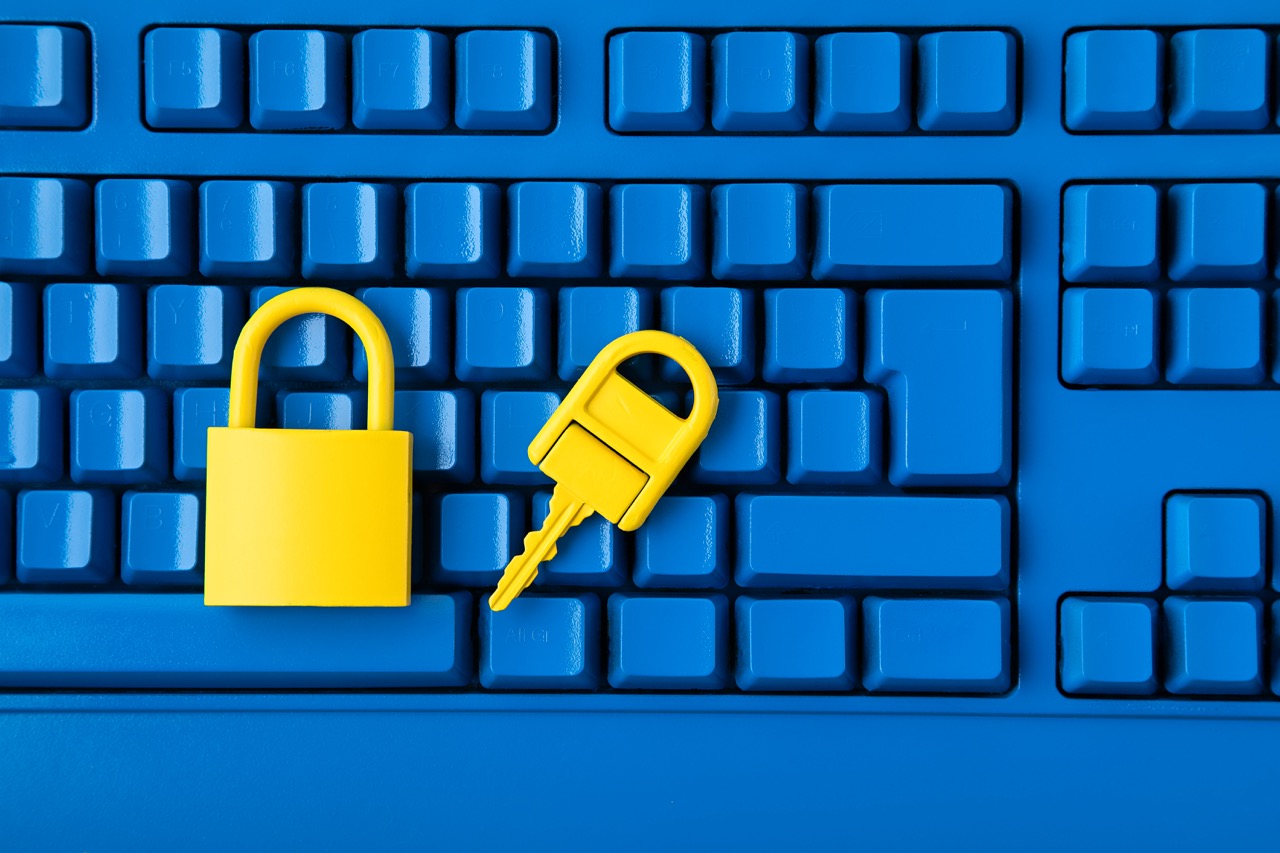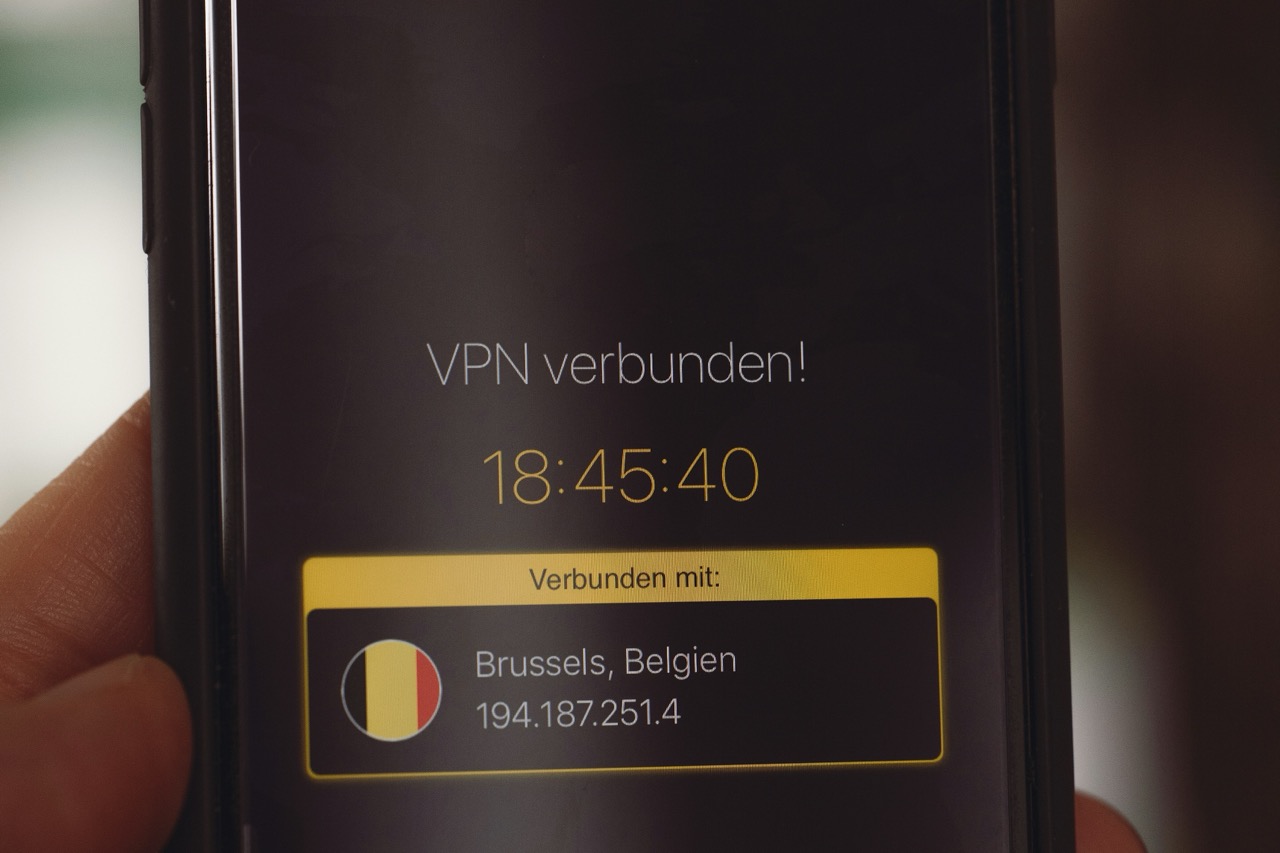In an increasingly interconnected world, the need for privacy has never been more crucial. Virtual Private Networks (VPNs) have emerged as a primary tool for individuals seeking to protect their online activities from prying eyes, particularly government surveillance. This article explores the intricacies of VPN technology, the evolution of governmental surveillance tactics, and how VPNs help safeguard digital privacy. Additionally, it delves into the legal implications surrounding VPN usage, evaluates their performance, and anticipates future trends in the ongoing debate surrounding online privacy.
Understanding the Basics of VPN Technology and Functionality
A VPN, or Virtual Private Network, is a technology that creates a secure and encrypted connection over a less secure network, often the internet. This is accomplished by routing a user’s internet traffic through a remote server managed by the VPN provider. By doing so, VPNs mask the user’s IP address, making it difficult for third parties, including government agencies, to trace online activities back to the individual. Essentially, VPNs act as a protective layer between the user and the vastness of the internet.
The encryption methods employed by VPNs vary, but they typically use protocols such as OpenVPN, IKEv2/IPsec, or WireGuard. These protocols dictate how data is transmitted over the VPN tunnel, ensuring that sensitive information remains protected from eavesdroppers. The extent of encryption can differ between VPN providers, which emphasizes the importance of selecting a reputable service that prioritizes user privacy.
In addition to encryption, VPNs often come equipped with features such as a kill switch, which disconnects users from the internet if the VPN connection drops unexpectedly. This functionality is crucial during surveillance, as it prevents unintentional exposure of sensitive data. Overall, understanding the mechanics of VPN technology is essential for users looking to fortify their online privacy.
The Evolution of Government Surveillance Tactics Over Time
Government surveillance has a long history, evolving from rudimentary methods of monitoring communications to sophisticated technological approaches. In the early 20th century, governments relied on physical surveillance and wiretapping to gather intelligence. As the internet began to flourish in the late 20th century, so too did the methods of surveillance, with electronic monitoring and data harvesting becoming commonplace.
The events of September 11, 2001, significantly accelerated the expansion of government surveillance capabilities. In the name of national security, legislation such as the USA PATRIOT Act was enacted, granting intelligence agencies unprecedented access to citizens’ communications. This shift marked a turning point, as governments worldwide began to adopt similar measures, often justifying them under the guise of protecting public safety.
In recent years, the proliferation of digital devices and the rise of big data analytics have transformed government surveillance into a more invasive practice. Agencies can now collect vast amounts of data from social media, online transactions, and even Internet of Things (IoT) devices. This evolution has sparked public outcry and debate surrounding the balance between security and individual privacy rights, leading to calls for more robust protections against unwarranted surveillance.
How VPNs Enhance Online Privacy Against Surveillance Efforts
VPNs offer a robust defense against government surveillance by encrypting internet traffic and anonymizing user identities. When users connect to a VPN, their data is routed through an encrypted tunnel, making it impervious to interception by third parties, including government entities. This means that even if surveillance efforts are employed, the data transmitted through the VPN remains secure and unreadable without the appropriate decryption keys.
Moreover, VPNs help to obfuscate a user’s IP address, further enhancing anonymity. Without a VPN, a user’s IP address can reveal their geographical location and internet service provider, providing valuable information for surveillance agencies. By masking this information, VPNs make it significantly more challenging for governments to track and profile individuals based on their online behavior.
In addition to these technical safeguards, many reputable VPN providers have strict no-logs policies, meaning they do not store any information about a user’s online activities. This is a critical aspect of privacy protection, as it ensures that even if a government agency were to request user data, no information would be available to provide. Thus, VPNs represent an essential tool for those seeking to maintain their online anonymity and reduce their exposure to government surveillance.
Legal Implications of VPN Use in Various Jurisdictions
The legal landscape surrounding VPN use varies significantly across different jurisdictions. In many countries, VPNs are perfectly legal and widely utilized by individuals seeking to enhance their online privacy. For instance, in the United States and most European nations, VPNs are considered legitimate tools for safeguarding personal information and bypassing geo-restrictions.
Conversely, certain countries impose strict regulations on VPN use, often citing national security concerns. In nations such as China, Russia, and Iran, the government actively monitors internet traffic and restricts access to unapproved VPN services. Users attempting to utilize unauthorized VPNs in these countries can face severe penalties, including fines and imprisonment. Consequently, individuals should be acutely aware of the legal implications of VPN usage within their jurisdiction.
Moreover, as governments increasingly seek to monitor and control online activity, the legal status of VPNs may continue to evolve. For instance, discussions surrounding data privacy laws and surveillance practices are becoming more prevalent globally. As a result, individuals must stay informed about the legal landscape in their country to ensure they are not inadvertently violating any laws while using VPN services.
Evaluating VPN Performance: Security vs. Convenience
When selecting a VPN, users often grapple with the trade-off between security and convenience. While a highly secure VPN may offer robust encryption and privacy features, it may also lead to slower internet speeds due to the additional processing required to encrypt and transmit data. This can be a significant drawback for users who rely on fast connections for streaming, gaming, or other activities that require low latency.
Conversely, some VPN services prioritize convenience, providing faster speeds and user-friendly interfaces at the potential expense of security. These services may use weaker encryption methods or lack comprehensive privacy features, making them less suitable for users concerned about government surveillance. As a result, it is essential for users to carefully evaluate their specific needs and priorities when selecting a VPN service.
Additionally, users should consider the reputation and transparency of the VPN provider. Services that have undergone independent security audits or have a history of protecting user privacy can provide greater assurance. Ultimately, the key to effectively balancing security and convenience lies in thorough research and awareness of individual needs within the context of online privacy protection.
Future Trends: VPNs and the Ongoing Privacy Debate
As the digital landscape continues to evolve, the role of VPNs in the privacy debate is likely to become increasingly significant. With growing awareness of data privacy issues, more individuals are turning to VPNs as a solution to safeguard their online activities. This trend may prompt VPN providers to enhance their services, offering advanced features such as improved encryption methods, multi-hop connections, and support for emerging technologies like blockchain.
Furthermore, as governments implement more stringent surveillance measures, the demand for VPNs is expected to rise. Users in oppressive regimes may increasingly rely on VPNs as a means of circumventing censorship and accessing unrestricted information. This demand could drive innovations in VPN technology, as providers strive to develop solutions that evade detection by sophisticated surveillance systems.
However, the future of VPNs is not without challenges. Governments may respond to the proliferation of VPN usage by enacting stricter regulations or employing advanced detection techniques to identify and block unauthorized VPN services. As a result, the ongoing privacy debate will likely continue to unfold, with VPNs remaining at the forefront of discussions surrounding individual rights and government accountability in the digital age.
In conclusion, VPNs serve as a critical tool for individuals seeking to protect their online privacy in the face of evolving government surveillance tactics. Understanding how VPN technology works, the legal implications of their use, and the balance between security and convenience is essential for users navigating the complexities of online privacy. As the demand for privacy protection continues to grow, VPNs will remain a focal point in the broader debate surrounding individual rights, government oversight, and the future of digital security.










